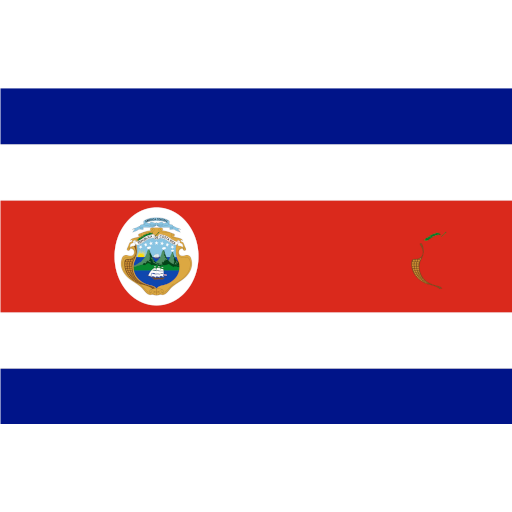As of September 9, the Supreme Electoral Tribunal (TSE) will enable the Costa Rican Digital Identity (IDC), an electronic document with the same legal validity as the physical national ID card.
Main Changes:
- Application and activation: Citizens must hold a valid national ID, submit the request through the TSE website, and activate the IDC via the IDC-Ciudadano app, through card payment and biometric verification.
- Validity and cost: The IDC will be valid for four years, with a price of ₡2,600; senior citizens will be exempt from payment.
- Use in employment matters: Employers and Human Resources departments may accept the IDC for hiring processes, opening employee personnel files, and identity validation in internal procedures, thereby reducing risks and expediting administrative processes.
- Verification Agent: The TSE will provide a tool to confirm the authenticity of the digital document.
Importance:
The IDC represents a secure, modern, and reliable option for labor management, without replacing the physical ID card, which will continue to be issued free of charge.
Legal Support:
Website: Costa Rican Digital Identity
Withholding of Maternity Subsidy– A Grey Area
In Costa Rica, wage garnishment is regulated under Article 172 of the Labor Code. However, legislation does not expressly address the garnishment of the employer-paid maternity leave subsidy, leading to multiple interpretations.
Main Changes:
- Nature of the subsidy: It is equivalent to wages, funded half by the employer and half by the Costa Rican Social Security Fund (CCSS) and must be considered for labor rights (Art. 95).
- MTSS criterion: According to legal opinion DAJ-AE-164-13, the subsidy has a wage-based nature and may therefore be subject to garnishment. Garnishment would apply only to the 50% paid by the employer; the CCSS would decide whether it applies to its portion.
- Restrictive interpretations: Some legal views argue the subsidy should not be garnished, since the law only regulates wages, and the subsidy is considered for rights but not for obligations. Based on the principle of dubio pro operario, the interpretation most favorable to the employee should prevail.
- Possible counterarguments: Excluding the subsidy from garnishment could represent an undue privilege and debt exemption, raising concerns of equity.
Importance:
The prevailing administrative criterion is that the maternity subsidy may be garnished, but only on the employer’s portion.
Nonetheless, as this issue remains in a grey area without firm jurisprudence, the criterion could change in the future.
Legal Support:
Articles 95 and 172 of the Labor Code
MTSS Legal Report DAJ-AE-164-13
The content of this newsletter is merely informative, that´s why it cannot be used under any circumstances as advice on the matter described in it. If you need advice on any of the aspects discussed, our team of professionals will be willing to assist you. contacto@jadelrio.com



















